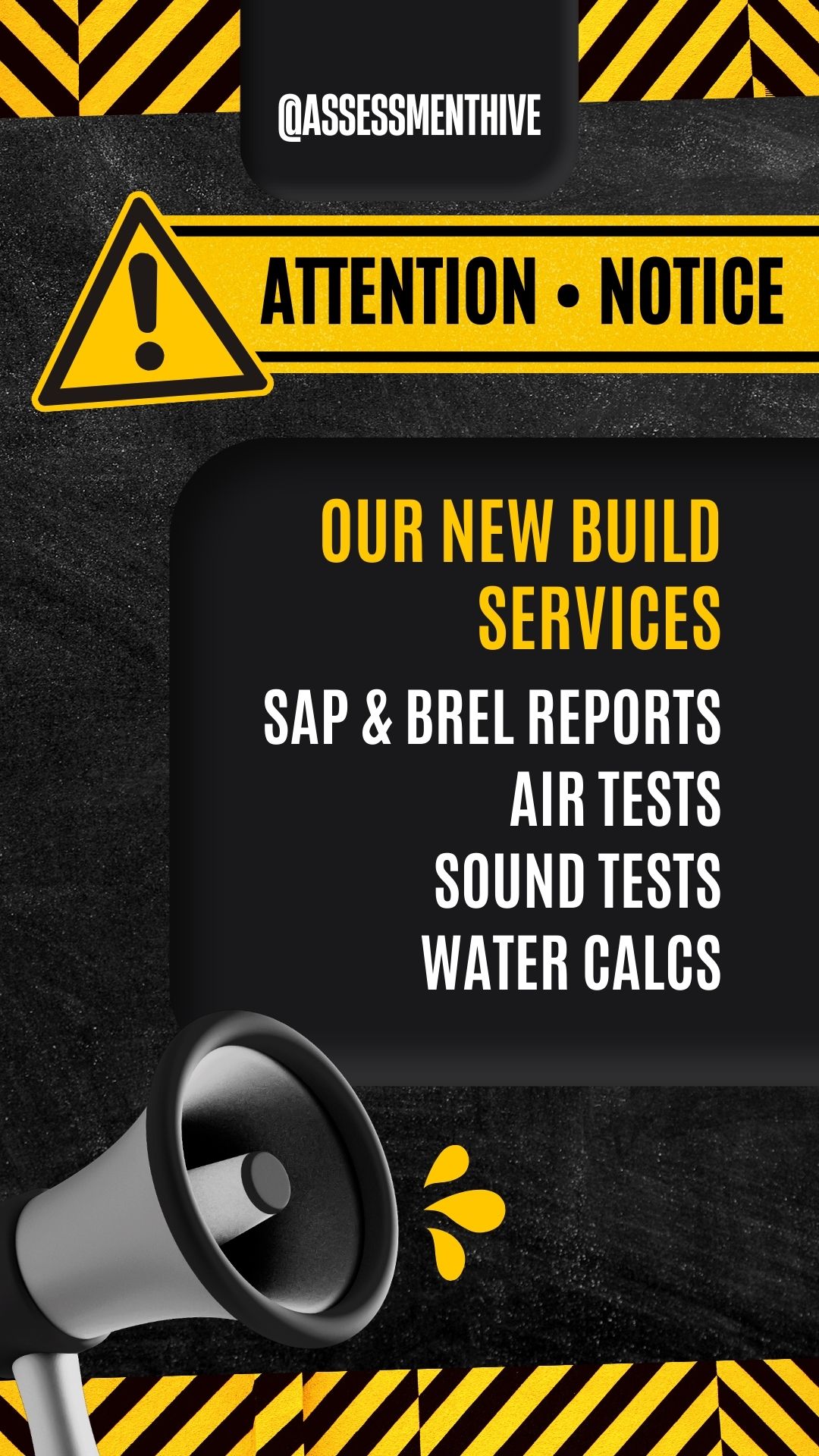Commercial EPC Needs To Achieve B By 2030
Achieve B By 2030 – Owners of non-domestic buildings are set for a significant and potentially expensive change coming their way. Currently, the restrictions on letting a commercial building state that it must have an Energy Performance Certificate (EPC) of at least an E rating. However, by 2030 this minimum requirement is set to be raised to a B.
Why Is This Happening?
The government is pushing towards a target of having net-zero carbon emissions by 2050. They have identified that a quarter of the UK’s emissions come from business and industry, most of which comes from heating the buildings they occupy.
The Department for Business, Energy & Industrial Strategy released a report in 2019 – The Non-Domestic Private Rented Sector Minimum Energy Efficiency Standards. This is the basis of the decision to set the new minimum energy efficiency standards.
What Is the Actual Time Frame?
Currently, the proposal is in open consultation, so you can have a chance to have a say. But it may be best to start planning as if this is going to happen as energy efficiency continues to be a hot topic.
The current proposal is to have two compliance windows.
The first window is for 2025 – 2027. Within this window, all non-domestic rented buildings would be required to have a valid EPC. The building owner will need to keep this EPC valid for the duration of the tenancy. This EPC will need to be submitted online to the Private Rented Sector compliance and exceptions database.
At the end of the period, the minimum requirement for an EPC will be a C rating. So by the 1st April 2027, all buildings must either have a valid EPC with a C rating or file an exemption.
The second window is from 2028 to 2030. It is before the end of this period that the landlord will need to present an EPC with a B rating or higher.
What Else Is Changing?
The other big change the government is making is around enforcement. Currently, enforcement happens at the point of letting. Going forward, the building will need to have a valid EPC for the duration of the letting period.
This is significant for landlords who let out their units in stripped out conditions. In a stripped out condition, a unit is likely to receive a rating of E or F. It’s not until the renter has fitted it out that a true feel for the energy efficiency will be clear. This does mean that in many cases, all that may be required is a new EPC certificate to assess the current state of the building.
Because going forward, this may cause issues, and the consultation is looking at ways to share the responsibility for the energy efficiency between the tenant and the landlord. This is something landlords will want to keep an eye on.
First Step To Prepare
If you own a commercial building and need to prepare for these changes, one of the first things you need to do is get an up to date EPC. This will allow you to see where you stand and what you can most easily improve on if needed. At Assessment Hive, we can help you with that. Why not book today to understand your current position and learn where the most cost-effective improvements can come from to keep your properties as energy efficient as possible.







